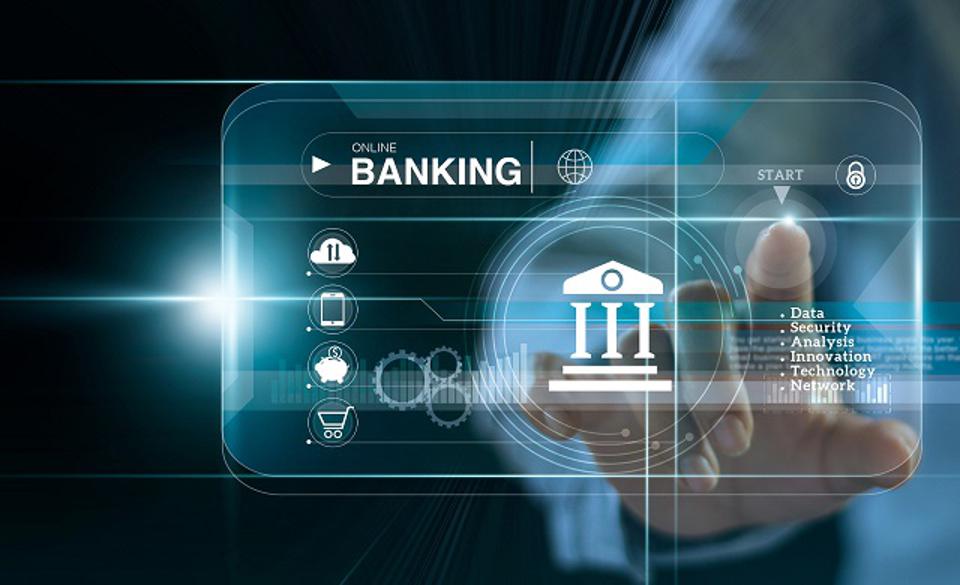As the digital landscape continues to evolve, the way Malaysians manage their finances has transformed significantly. E-banking, or electronic banking, has emerged as a convenient and secure solution for individuals and businesses in Malaysia. This article explores the advantages, importance, and reasons why Malaysians should embrace e banking in Malaysia as a preferred method of financial management.

Understanding E-Banking in Malaysia
E-banking refers to the use of electronic platforms and technologies to perform various banking transactions and services. It allows Malaysians to access their accounts, transfer funds, pay bills, apply for loans, and perform other financial activities conveniently through digital channels such as websites and mobile apps. E-banking services are provided by numerous banks and financial institutions in Malaysia, catering to the diverse needs of customers.
Advantages of E-Banking in Malaysia:
- Convenience and Accessibility: One of the primary advantages of e-banking is the convenience it offers to Malaysians. E-banking allows customers to access their accounts and conduct transactions anytime and anywhere, as long as they have an internet connection. Whether it’s checking account balances, making payments, or transferring funds, e-banking eliminates the need for physical visits to the bank, saving time and effort.
- Enhanced Security: E-banking in Malaysia incorporates robust security measures to protect customer information and transactions. Encryption technologies, secure authentication methods, and multi-factor authentication ensure that sensitive data remains safe and confidential. Furthermore, e-banking platforms provide real-time transaction notifications, helping customers detect and report any fraudulent activity promptly.
- Cost Savings: E-banking significantly reduces costs associated with traditional banking methods. Malaysians can save money on transportation expenses, paper checks, and physical documentation. Additionally, e-banking often offers reduced or waived fees for certain transactions, such as online fund transfers or e-statements. These cost savings contribute to improved financial management for individuals and businesses.
Why E-Banking is Important in Malaysia:
- Digital Transformation: Malaysia is embracing digital transformation, and e-banking plays a crucial role in this shift. E-banking services align with the government’s initiatives to create a digital economy and drive digital inclusion. By adopting e-banking, Malaysians contribute to the nation’s goal of becoming a digitally advanced society and accelerate economic growth.
- Financial Inclusion: E-banking promotes financial inclusion by providing access to banking services for Malaysians who may have limited physical access to traditional bank branches. E-banking platforms allow individuals in remote areas to perform financial transactions and access essential services conveniently. This inclusivity fosters financial empowerment and enables Malaysians to participate more actively in the economy.
- Streamlined Financial Management: E-banking simplifies and streamlines financial management for Malaysians. With features such as real-time account balances, transaction histories, and customizable alerts, individuals can gain better control over their finances. Malaysians can monitor their spending, set budgeting goals, and make informed financial decisions with ease, leading to improved financial well-being.

Conclusion:
E-banking has revolutionized the way Malaysians manage their finances, providing convenience, security, and cost savings. As the country embraces digital transformation and financial inclusion, e-banking becomes increasingly important. By leveraging e-banking platforms, Malaysians can enjoy seamless access to banking services, streamline their financial management, and contribute to the nation’s digital economy. Embracing e-banking empowers individuals and businesses to stay ahead in the digital age and leverage the benefits of modern financial technology.



